Bread vs. wine and other church conflicts
August 23rd, 2019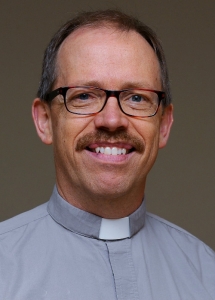 By Pastor John Hulden
By Pastor John Hulden
It was 1970. The national convention for the American Lutheran Church (ALC) was in Minneapolis. (The ALC was one of the predecessor church bodies that formed the ELCA in 1988.)
It was at that 1970 gathering that the ALC voted to ordain women. The fight was tough. At a worship service at that gathering, my mom found herself the face of that heated debate.
Worship services at this – and all – national church gatherings were a really big deal. Central Lutheran hosted the worship service 49 years ago. Because my mom was the president of the Minneapolis Conference for the American Lutheran Church Women (one of the precursors to the Women of the ELCA), she was asked to be at one of the Holy Communion stations to serve wine.
“Women clergy – dozens and dozens and dozens of them – processed through the worship space, celebrating the upcoming 50th anniversary of the ordination of women in the ALC and Lutheran Church in America.”
Back then, she would have proclaimed: “The Blood of Christ, Shed for Thee” (the words used in the Service Book and Hymnal, the precursor to the Lutheran Book of Worship and the Evangelical Lutheran Worship). As worshippers made their way up the center aisle, she saw a number of pastors (all male back then) look up at her, grimace, give her a dirty look, and step out of her line. Clearly, they did not want to receive “the remission of sins” from a woman.
This story came back up this week because my 92-year-old mom attended the installation of her daughter-in-law as the new bishop of the Western Iowa Synod. Regarding the 1970 incident, my mom also added, “After that worship service, one pastor was heard saying, ‘And she was even handing out wine, the most important element!’” Really.
A COUPLE OF WEEKS ago, I travelled by bus to Milwaukee with the synod’s voting members to the ELCA Churchwide Assembly. (And, yes, I made them play bus games!) Many votes were taken; some have received more attention than others.
We also celebrated. ELCA Church Council members completing their terms were recognized and thanked. My daughter was up on the podium with the other council members. Of course, she stood out because she was holding my adorable eight-month-old grandson. I reflected that there are still Lutheran churches that won’t allow women to serve in leadership roles, much less on the national church governing board.
The biggest celebration in Milwaukee, though, was the worship on our second-to-the-last day. Women clergy – dozens and dozens and dozens of them – processed through the worship space, celebrating the upcoming 50th anniversary of the ordination of women in the ALC and Lutheran Church in America.
“As worshippers made their way up the center aisle, she saw a number of pastors look up at her, grimace, give her a dirty look, and step out of her line.”
Fifty years ago was too late for my grandma Mildred Brenden – my mom’s mom. “You know,” my mom reminded us this weekend, “your grandma would have gone to seminary if it were allowed back then.” It’s true. Her mom, born a Methodist and joining the Lutheran ranks when she married my grandpa, was the church organist and choir director for Scobey Lutheran for decades. She wrote devotionals for Christ in our Home, bible studies for the ALCW, and spiritual reflections for The Lutheran Herald (one of the precursor magazines to The Living Lutheran).
When I attended seminary in the 80s, I always said I couldn’t imagine classes without my female peers.
It is truly meet, right, and salutary that we should at all times and all places give thanks for women in leadership in our church. It’s just really too bad women could only be pastors in the last 50 years.
At the 2019 ELCA Churchwide Assembly, the 50th anniversary of the ordination of women in ELCA predecessor bodies was celebrated with a procession of women and femme rostered leaders during the Friday worship service.

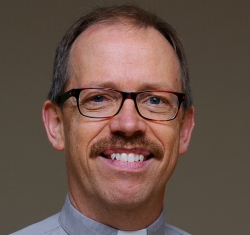
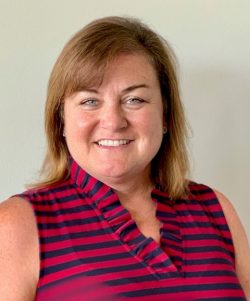
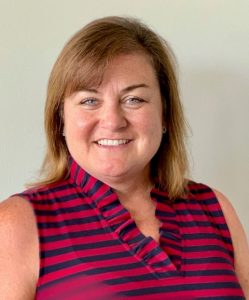 By Kris Bjorke
By Kris Bjorke 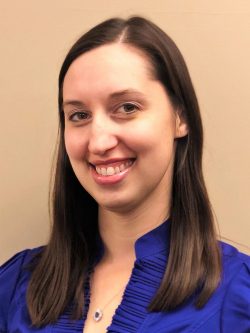
 By Brenda Blackhawk
By Brenda Blackhawk 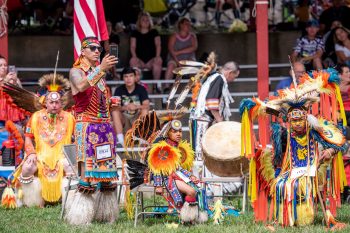

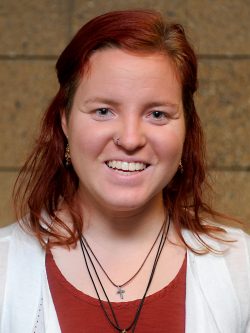
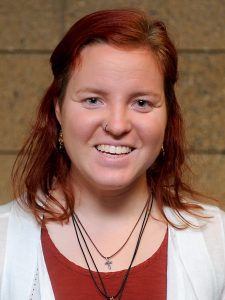 By Grace Corbin
By Grace Corbin

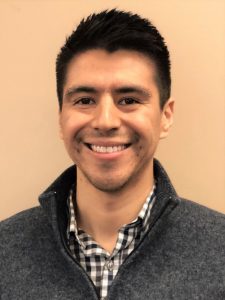 By Eric Howard
By Eric Howard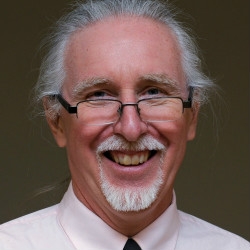
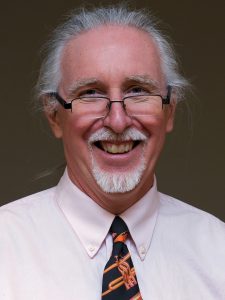 By Bob Hulteen
By Bob Hulteen 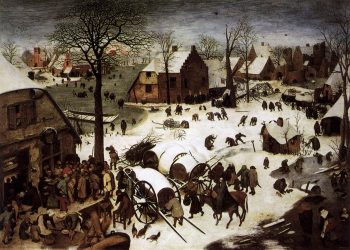
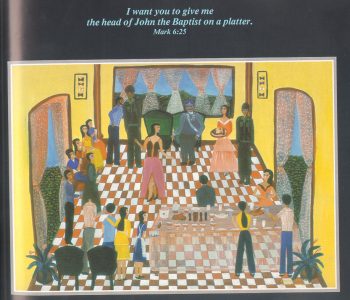
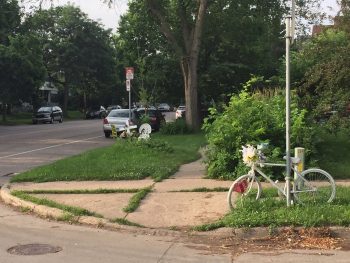
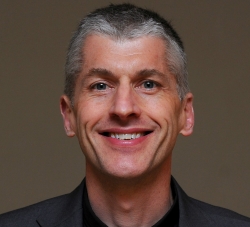
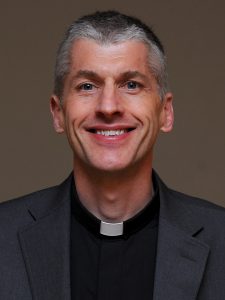 By Pastor Craig Pederson
By Pastor Craig Pederson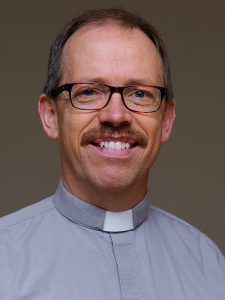 By Pastor John Hulden
By Pastor John Hulden 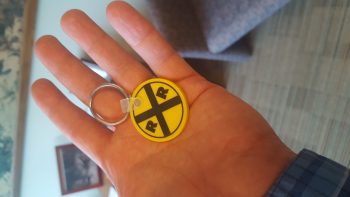

 By Meghan Olsen Biebighauser
By Meghan Olsen Biebighauser